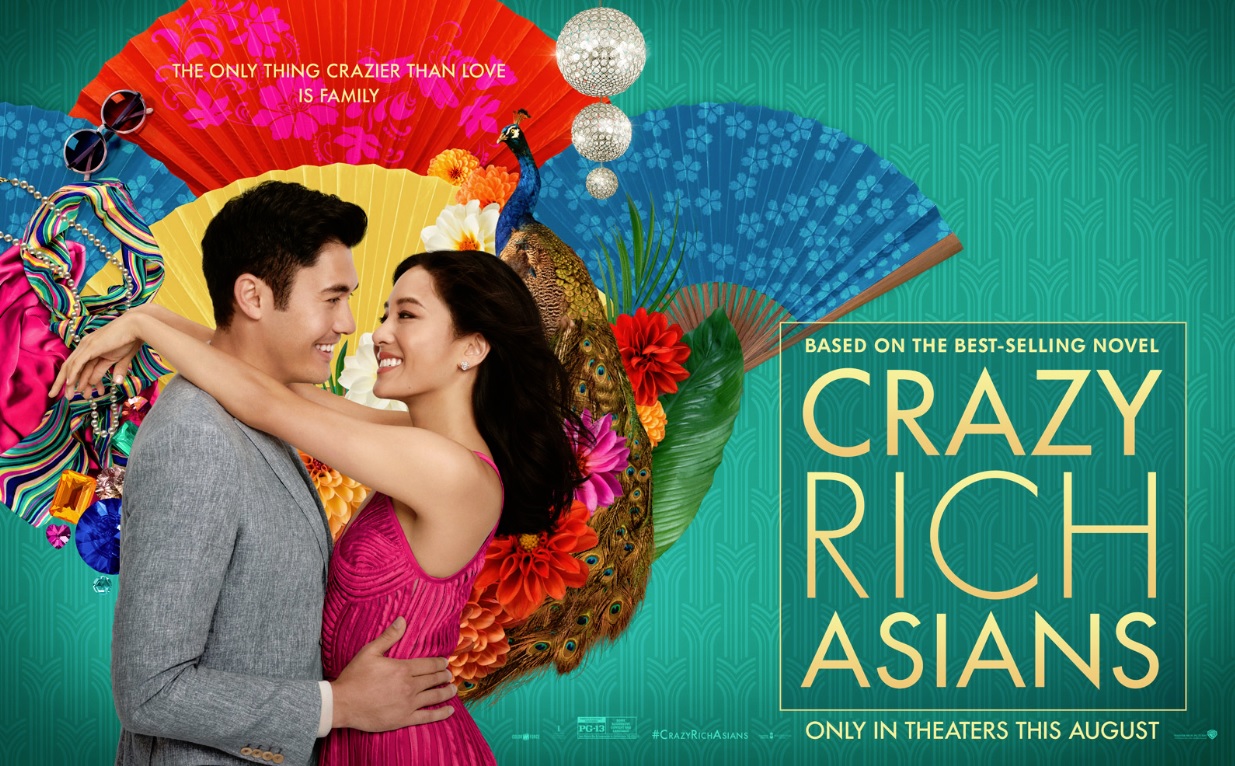The Asian Americans that I know are hopeful that Crazy Rich Asians, Hollywood’s first major romantic comedy about Asians with an Asian American director (Jon Chu) and a near-all-Asian cast, will open doors for better representation of Asians in media.
I know this is a film, and it doesn’t seem like it has much to do with technology or games, the usual subjects for this column. Based on a 2013 novel by Kevin Kwan, the movie is about a New York University economics professor who goes to a wedding with her boyfriend and discovers that he comes from one of the richest families in Singapore. The resulting culture clash is hilarious and insightful, as it shows the differences among Asians and Asian Americans, as well as class differences among the old money people — and the things that unite us as well.

Unlock premium content and VIP community perks with GB M A X!
Join now to enjoy our free and premium membership perks.
![]()

![]()